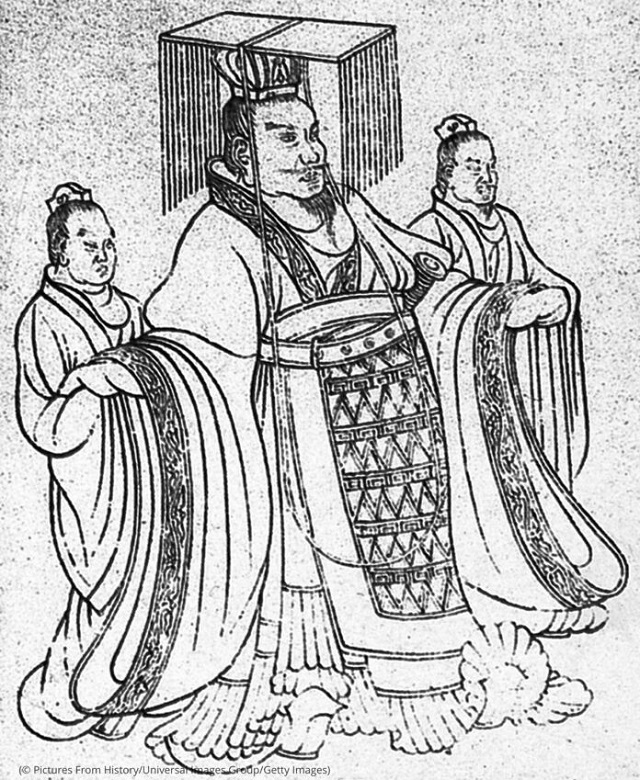The first official history of Japan and an ancient treatise on China’s political economy are among the texts that will soon enjoy a broader audience, thanks to U.S. government support.
The National Endowment for the Humanities (NEH), a U.S. government agency, recently announced grants to fund translations of the eighth-century history Chronicles of Japan and Discourses on Salt and Iron, a first-century BCE work of China’s Han Dynasty.
The NEH projects highlighting Asian cultural history are among numerous funded projects that further America’s commitment to preserving cultural heritage, said Adam Wolfson, acting chairman of NEH, which funds education and research into the arts and humanities.

“These NEH grants will support educators and scholars in enriching our understanding of the past and enable cultural institutions from across the country to expand their offerings,” Wolfson said January 11, announcing the projects.
The NEH support for Asian languages doesn’t stop with translations of old texts. Other projects will study the legacy of a Japanese modernist poet and the language of Mongolian herders in the cashmere industry.
Funded projects include:
- The Chronicles of Japan: Matthieu Felt, of the University of Florida, will translate the first official history of the Japanese state. Originally compiled in 720, Chronicles is one of Japan’s oldest published works.
- Modernist Japanese poetry: Sawako Nakayasu, of Brown University, will publish on the legacy of Chika Sagawa, Japan’s first female modernist poet. Sagawa’s writing helped shape “the most dynamic shifts and developments in poetry of the era,” Nakayasu says in the introduction to The Collected Poems of Chika Sagawa.
- The Peach Blossom Fan: Harvard Professor Wai-Yee Li will translate to English the 17th-century Chinese play depicting the fall of the Ming dynasty. Li has called The Peach Blossom Fan “the only play in the Chinese tradition to turn both history and the interpretation of history into part of the dramatic presentation.”
- Discourses on Salt and Iron: The University of California at Santa Barbara’s Anthony Barbieri will conduct the first full English translation of the more than 2,000-year-old text. He calls Discourses “one of the most important classical texts to survive from the 1st century BCE in Han dynasty China,” adding it “constitutes a rare and indispensable snapshot of the political economy of the Han dynasty.”
- Mongolian language: Kathryn Graber, of Indiana University, is writing a book on how Mongolian herders used language to build value in the cashmere trade.
The grants supporting research and translation of Asian language texts and other works are among more than 200 projects that received a total of $24.7 million in NEH funding.
“Because democracy demands wisdom, NEH serves and strengthens our republic by promoting excellence in the humanities and conveying the lessons of history to all Americans,” the agency’s website says.
Banner image: The U.S. government is funding translation of notable Asian texts including "The Peach Blossom Fan," a musical written in 1699 and performed (above) on October 18, 2006, in Beijing. (© China Photos/Getty Images)
The original article is here on ShareAmerica.







COMMENTS1
こんにちは。いつも楽しく拝見させていただいております。私は伝統音楽の詩吟(漢詩や和歌にメロディーをつけて歌うもの)を11歳から始め、今で48年しております。学生時代にアメリカでホームステイをして、語学も学びとても良い経験と思い出を持つことができました。子育て後、7年間公立中学で英語を担当しました。その後、昨年、奈良教育大学大学院で、詩吟について研究しております。現在、2回生です。中国文学を英訳されるとのこと。私も日本と中国の漢詩の英訳や、私が詩吟を歌う事で交流をさせて頂きたいです。ぜひ、何か関わらせて頂きたくメールを書きました。どうぞよろしくお願いいたします。和文化教育学会詩吟講座をご覧ください。
LEAVE A COMMENT
TOP